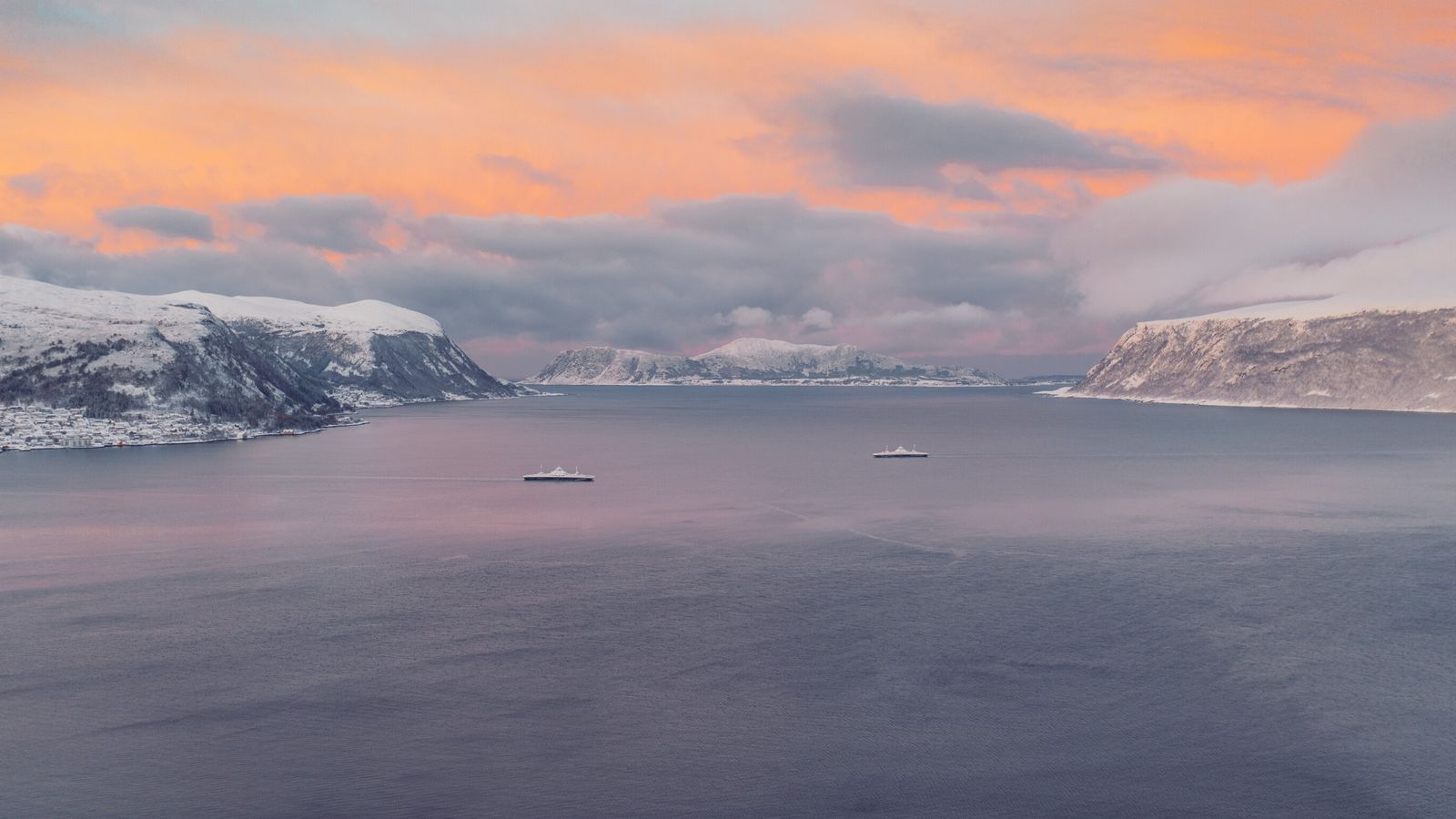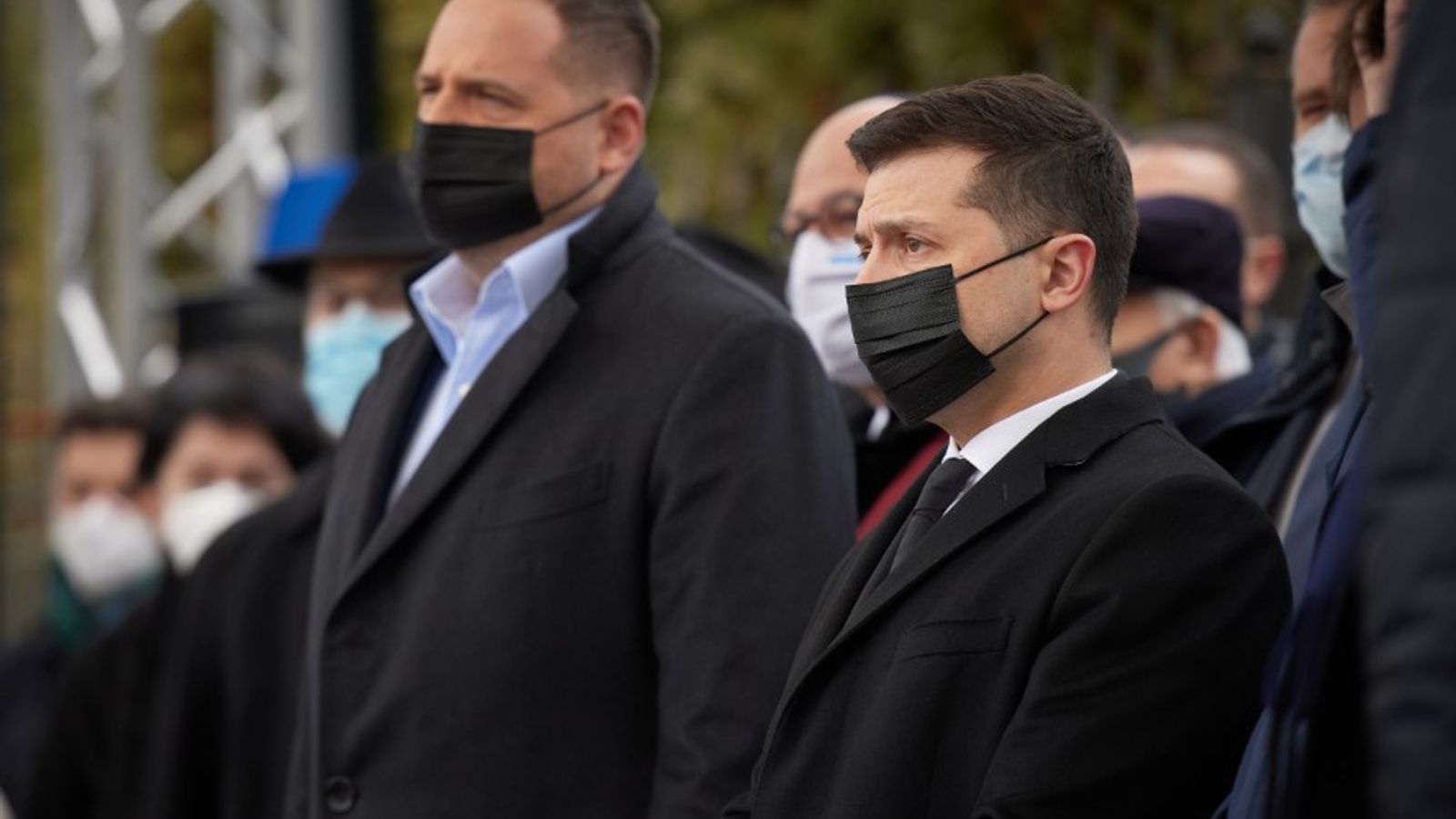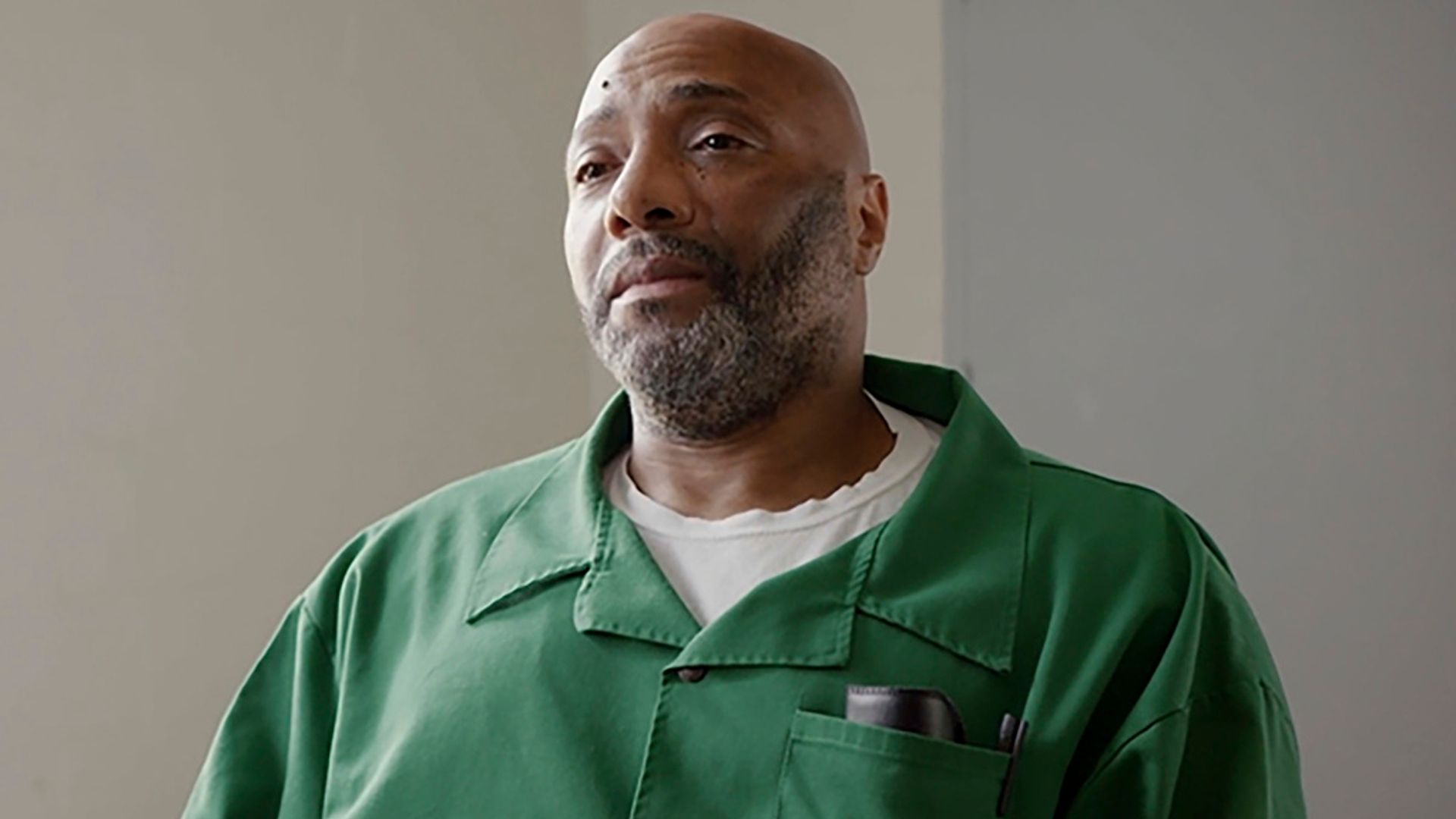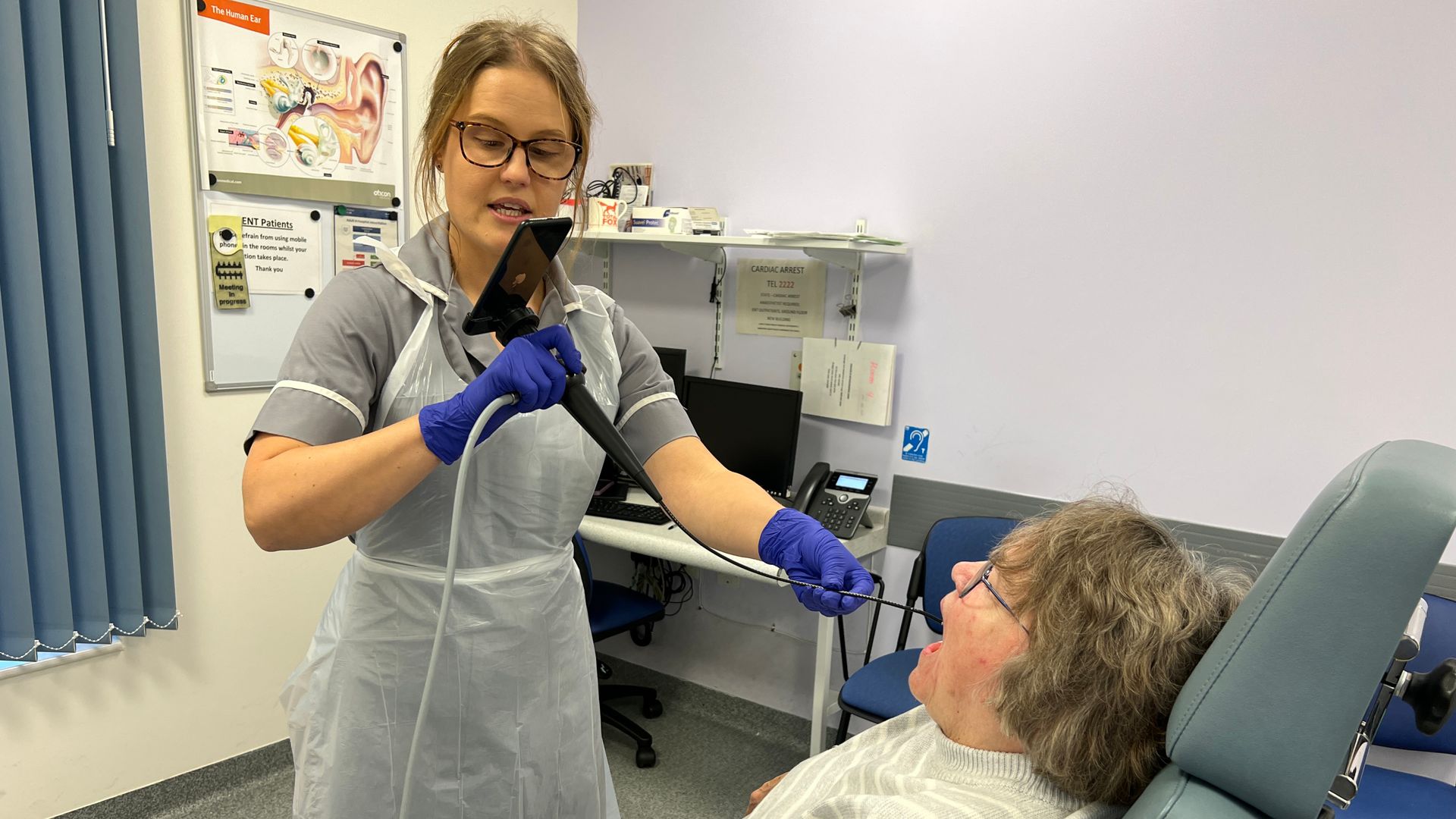Norway has discovered what it calls “substantial” levels of metals and minerals on the floor of its extended continental shelf – including rare earth metals, officials have revealed.
The discovery of these elements could help produce parts for wind turbines and electric car batteries, which require things like neodymium and dysprosium to be manufactured.
Officials also found there is 38 million tonnes of copper on the seabed, which equates to twice what is mined globally every year, and around 45 million tonnes of zinc in polymetallic sulphides.
Magnesium, niobium, cobalt, which are on the European list of critical minerals, were also discovered,
The Norwegian Petroleum Directorate, which carried out the research, said: “For several of the metals, the mineral resources are sufficient to cover many years of global consumption.
“The transition to a low-emission society enhances the need for specific elements.”
Norway, which is a major global exporter of oil and gas, will now need to decide whether to open the offshore areas to deep-sea miners – a decision that requires the approval of parliament.
Ukraine war: Former Wagner Group member seeks asylum in Norway after fleeing Russia
Climate activists arrested for targeting Edvard Munch masterpiece The Scream
Norway arrests university lecturer suspected of being Russian spy
Sulphides are found along the mid-ocean ridge, where magma from below the earth’s surface, meets the sea floor at depths of around 3,000 metres.
Read more on Sky News:
Mystery of 17th-century warship wreck off UK coast is solved
Egypt’s oldest mummy found ‘covered in layers of gold’
However, the decision to open up the seas to miners could come at an environmental cost, according to campaigners.
Norway’s Institute of Marine Research said in a consultation letter that more work needs to be conducted on the way the organisms live on the sea bed, and what the impact of mining would be.
It added that while estimates from the Norwegian Petroleum Directorate showed estimated levels of minerals, further studies will also be needed to work out what can be taken within acceptable environmental levels.
Not long after the discovery was announced, the Kremlin in Russia revealed President Vladimir Putin held a meeting of his security council to discuss the borders and boundaries of the continental shelf in the Arctic Ocean, which was attended by the likes of Defence Minister Sergei Shoigu.









